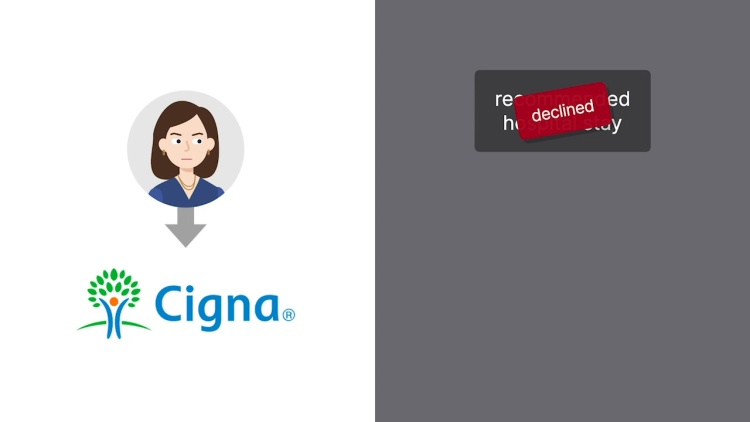Aetna Health Inc. v. Davila
United States Supreme Court
542 U.S. 200, 124 S. Ct. 2488, 159 L. Ed. 2D 312 (2004)
- Written by Craig Conway, LLM
Facts
Juan Davila (plaintiff) received health benefits through an insurance plan offered by Aetna Health Inc. (defendant) and provided through his employer. Davila’s physician prescribed Vioxx to treat his arthritis, but Aetna refused to pay for it. Instead, Davila took Naprosyn and subsequently suffered a severe reaction requiring hospitalization. Davila sued Aetna in Texas state court under the Texas Health Care Liability Act (THCLA) for its refusal to cover Vioxx and for failing to exercise ordinary care when making health care treatment decisions. In a separate case, Ruby Calad (plaintiff) was a beneficiary under a health insurance plan offered by CIGNA HealthCare of Texas, Inc. (defendant). She underwent a hysterectomy procedure and her treating physician recommended an extended hospital stay. CIGNA denied coverage for the extra days. Calad experienced post-operation complications requiring her to return to the hospital. She similarly sued CIGNA in Texas state court under the THCLA for its failure to cover the additional days in the hospital. Both cases were removed to separate federal district courts and were dismissed with prejudice because the courts concluded that the causes of action were preempted by § 502(a) of the federal Employee Retirement Income Security Act of 1974 (ERISA). Both Davila and Calad appealed the district courts’ decisions to the U.S. Court of Appeals for the Fifth Circuit which consolidated their cases. The court of appeals found two possible causes of action: § 502(a)(1)(B) which allows for the recovery of wrongfully denied benefits or § 502(a)(2) which allows a suit against a plan fiduciary for breaches of fiduciary duty. The court relied on Pegram v. Herdich, 530 U.S. 211 (2000), when it concluded that the “mixed eligibility and treatment decisions” made by Aetna and CIGNA were not subject to § 502(a)(2) of ERISA because those decisions were not fiduciary in nature. It also found that the claims did not fall under the purview of § 502(a)(1)(B) of ERISA. The court of appeals reversed the decisions of the lower courts and Aetna and CIGNA thereafter filed petitions for writs of certiorari to the U.S. Supreme Court. The Supreme Court granted certiorari.
Rule of Law
Issue
Holding and Reasoning (Thomas, J.)
What to do next…
Here's why 907,000 law students have relied on our case briefs:
- Written by law professors and practitioners, not other law students. 47,100 briefs, keyed to 996 casebooks. Top-notch customer support.
- The right amount of information, includes the facts, issues, rule of law, holding and reasoning, and any concurrences and dissents.
- Access in your classes, works on your mobile and tablet. Massive library of related video lessons and high quality multiple-choice questions.
- Easy to use, uniform format for every case brief. Written in plain English, not in legalese. Our briefs summarize and simplify; they don’t just repeat the court’s language.





